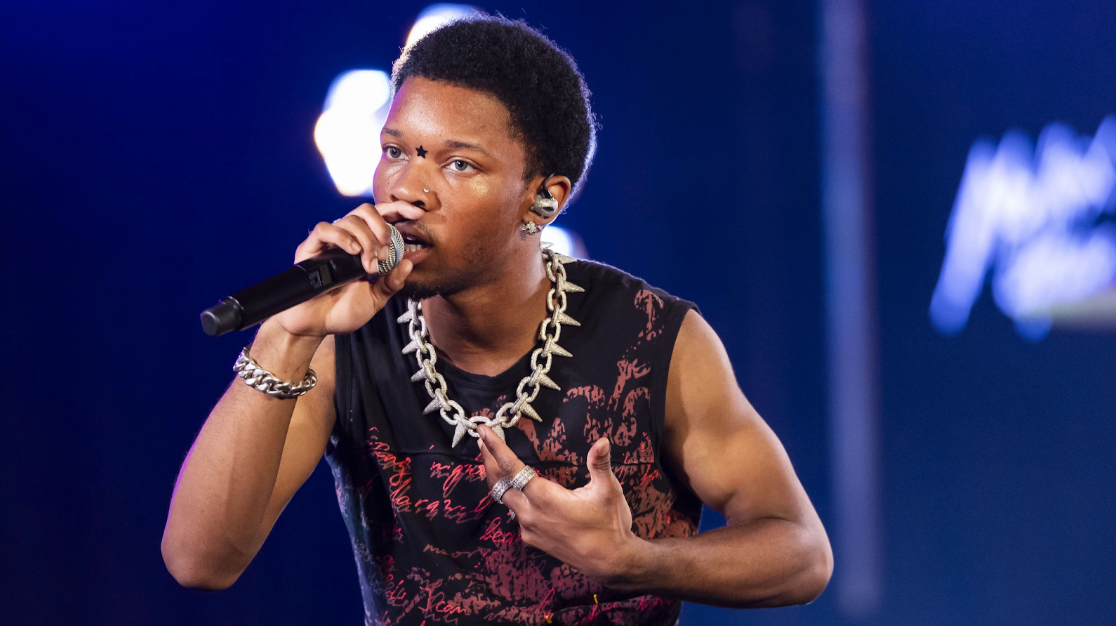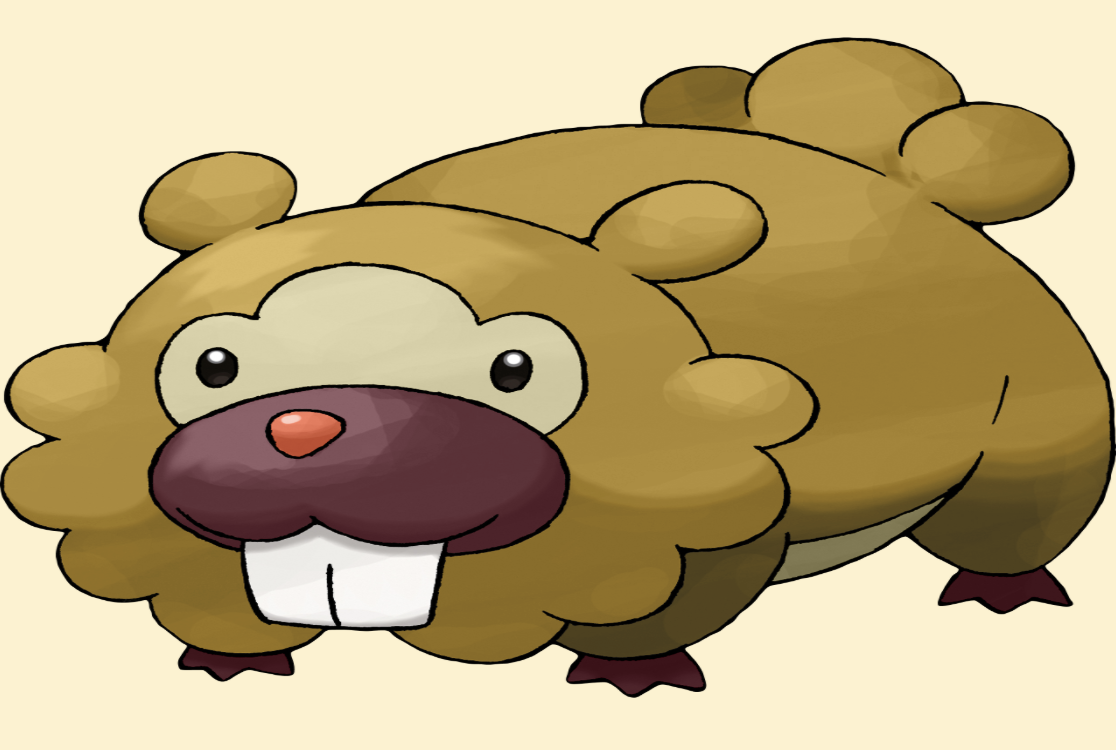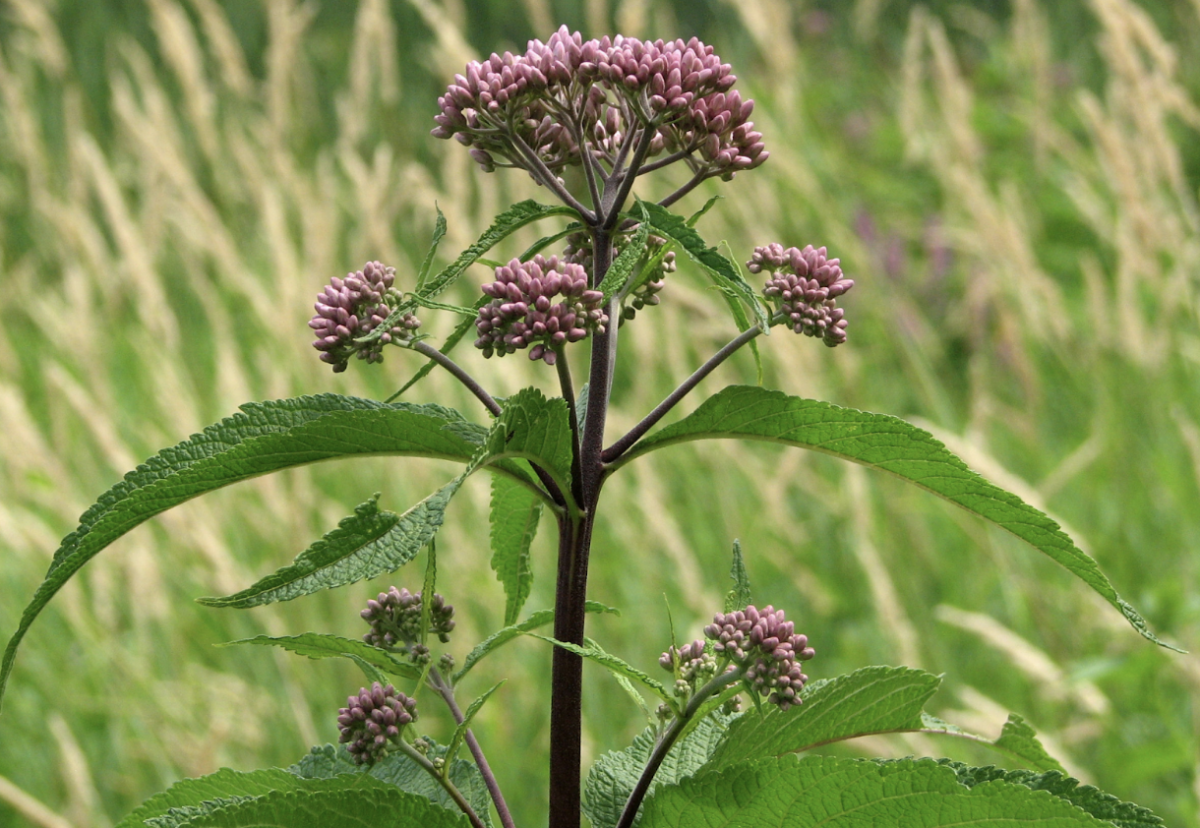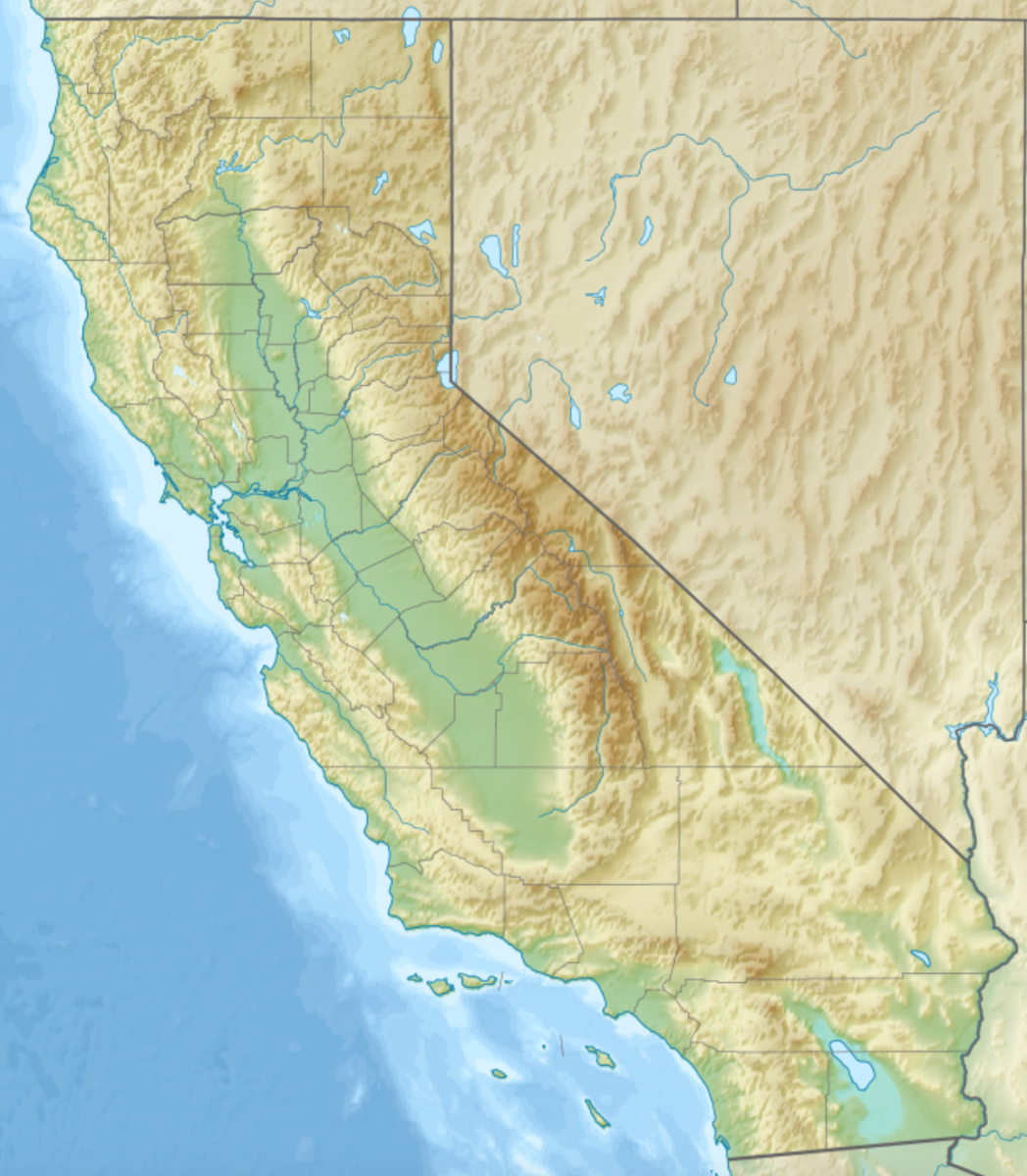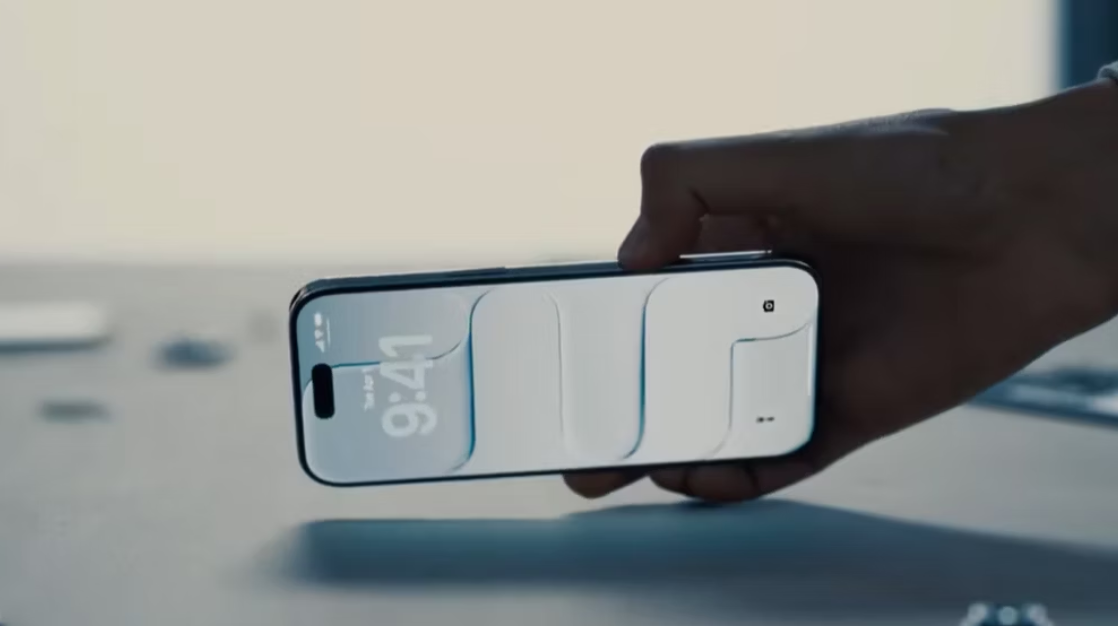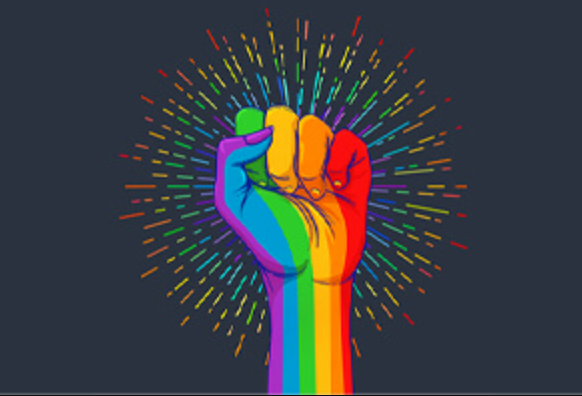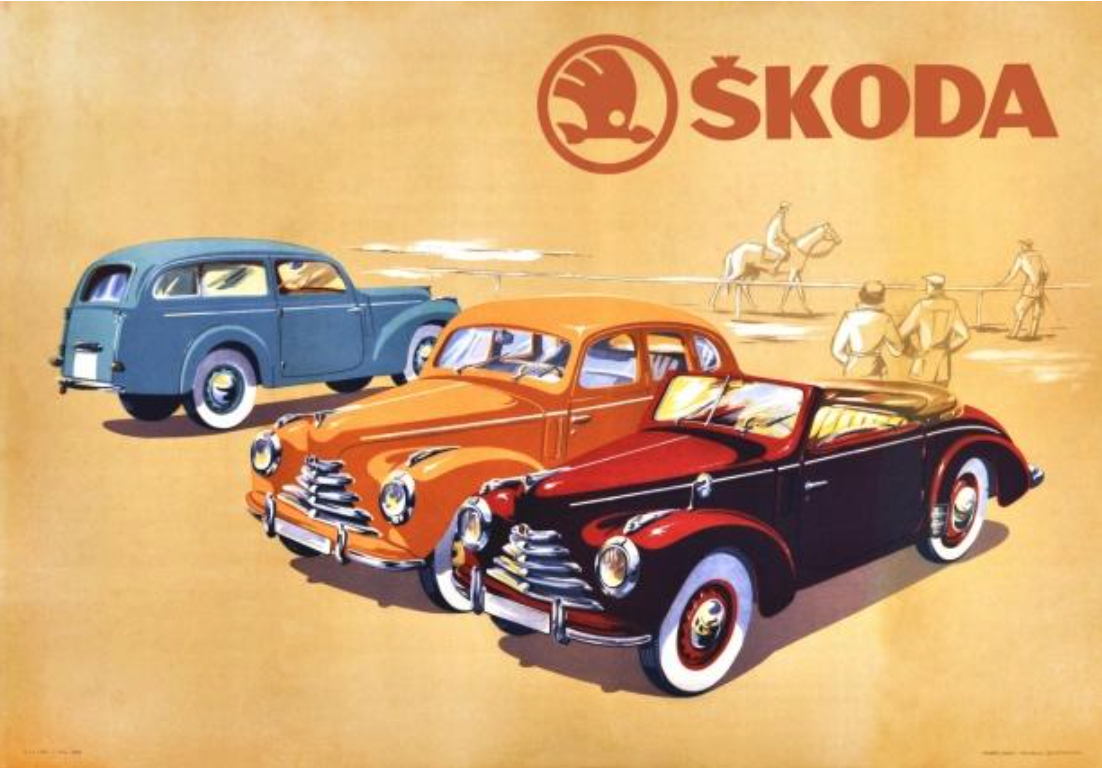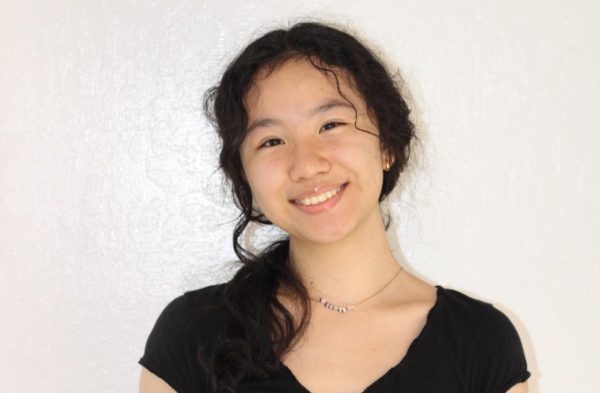Disclaimer: This interview consists of opinions based on different experiences from different students. While this publication may be used to gain some insight into the college app process, please remember that there is no “perfect formula” for getting into college and college applications vary by person. What works for one person may not work for another! Use your best judgment when taking advice from these interviews.
All interviews with The Quill are done with permission from the students. In order to protect their privacy, they may opt to be anonymous or just use their initials.
Alina: What are your reflections on your college app process and where you are right now?
Aditi: It was a lot different than I thought it would be; I thought it’d be a lot of work, but I didn’t know about how important it was to keep up with deadlines, and for essays, how it’s about creativity and things we normally wouldn’t think or write about. It was more challenging than expected, but after the process I think I did my best.
Alina: What [college app] environment and planning worked for you?
Aditi: I think the best thing was starting early. I started over the summer in June, and I think that was a good way for me to experiment with my essays, as my first essays were trash. Start early and stay consistent. One issue I had was starting in October, a month before apps were due, was that I started to slow down a bit. For my early school like the University of Michigan, I wrote it a few days before it was due. At least turn in apps a week before they’re due, so start two weeks before. Planning is very important. As for the environment, I wrote most of my essays on my bed, just because it was where I was most comfortable. At night 7-11 PM was when I did it the most.
Alina: Very valid. I think you’re involved with quite a few extracurriculars, could you talk about them and how you feel like they’ve helped you develop and with college apps?
Aditi: Okay, so the clubs I did inside of school were the Quill, the newspaper, and Women’s Empowerment Club [WEC]. I had a couple of other clubs in 9th or 10th grade but I quit now. I think the one that resonated with me the most was WEC, just because that one was started for a really personal reason, which was women’s health. Growing up, I didn’t have a lot of information I wanted, and as I grew older, I got interested in sharing it with more people, especially younger people like in middle school, because that was when I wished I had more information. The Quill, I think, didn’t show up as much in my college apps, because it was something I did for fun and not as related to my major. But I think that helped my writing become stronger before writing college essays.
I’m also involved in eating disorder research and advocacy. I want to have a career as an OB/GYN, but it’s a field that is more difficult to get involved in for obvious reasons. So that’s why I applied for Psychology for some schools and Public Health for other schools that had it.
Alina: I’d like to ask you to expand on some of these topics we’ve talked about. I heard from Pooja that you’ve been working with Ms. Mujic on something related to women’s health, so I was wondering how you got started on that with WEC.
Aditi: The first thing we started was the free menstrual products initiative, and it started a little before WEC, because that was my original goal, to make free period products available to students on campus. I think it started when I saw a lot of news on Finland making period products free to everyone, and I was like, “Okay, why isn’t that everywhere?” So that’s when it started, and I found that when I did research, a lot of public schools were required by California state law to provide free period products in the bathroom, so I was like “Okay, so why isn’t BISV doing this?” I think I pitched this in 10th grade, but at the time, the administrator [who left] thought that the period products would get stolen, although by that time I’d already contacted companies, trying to get us a partnership. So we tried again with Ms. Angkham, because that teacher left the school, and she had taught me before and I’ve known her since 7th grade, so maybe one day she’d help me make this happen. I think I emailed her, and the subject was literally “Issue at BISV,” [laughter] so it was like clickbait a little bit. She was actually really supportive, and, ultimately, it became permanent, and hopefully, it’ll stay permanent.
Alina: Could you talk a bit more about your eating disorder research and how you got involved?
Aditi: Yeah, so I would say I got interested in mental health when a family member experienced mental illness. And I guess mental illness is portrayed differently in the media, especially in movies and things like that, so I had that preconceived notion of what mental illness was like. So when I witnessed my family member struggling, I was like, “Okay, it’s a little different from what I expected.” That made me want to get involved in the mental health space, so I found this eating disorder center, so I started there and over the years got higher in the ranks. That made me want to advocate for therapy, and seeking help when you need it, so I started helping out there. I kind of combined my research with the eating disorder center which was cool. Stanford actually has a really good way to find professors, so you can just go to their website and find emails of professors; I cold-emailed, because of those people I had connections to, none of those worked out. So I’d say email 10-20 professors, read their research papers and biographies so you know what to talk about. Show you’re interested in what they’re studying, and if they see that you have something they’d like in their lab—mine was the eating disorder experience from volunteering—they’re more likely to let you join their lab.
Alina: Is your Stanford research related to your Body Project you conducted at BISV?
Aditi: Yeah, so the Body Project is our main research project at the lab at Stanford. The professor actually developed it 30 years ago, but it’s only been tested on adults, not high schools. After I talked with Ms. Rojas, who’s our school counselor, and Mr. Perez to see the importance of making this happen at BISV, they communicated with Ms. Angkham. At BISV, I had to link it to WEC to get club members to join and Sri got her friends to join so we recruited participants to join. We had a lot of interest, so I’m hoping to do another session, but we’ll see. The reason I want to do this is that I’ve been at BISV for like eight years now, and I noticed that people around me definitely struggled with diet culture, even in middle school, and that’s not healthy to think about. I know there’re probably middle and high schoolers feeling like they need to change their bodies or restrict the foods they’re eating or exercise to change their current bodies. So I think it’s important to make eating disorder prevention and education accessible, so that’s what I did with the Body Project.
Alina: Wow, this is so amazing. How did you convince Mr. Perez and Ms. Rojas?
Aditi: How it started was I emailed Ms. Rojas over summer.When school started, Ms. Rojas responded and was like, “Okay, that’s a good idea,” so she got Mr. Perez on board. We had a meeting and I discussed why it was a good idea for BISV. Ms. Rojas and Mr. Perez were very supportive, and it seemed like it resonated with them, so that’s why they pushed for it to happen at BISV. They communicated it to Ms. Angkham, and then people could start joining after they approved it. I started promoting it through word-of-mouth—aka through one of the WEC officer’s mouth—and friends.
Alina: Are you involved with the WEC Instagram?
Aditi: Yeah, the other WEC officer and I both run the BISV WEC Instagram (follow us at @bisvwec !). I would say for general purposes, social media is a good way to raise awareness about things. On Instagram, we did some posts about barrier-breaking women. At a FIFA World Cup, there was the first female referee, so we covered that. We also did a campaign on periods, so menstrual cycles, what to expect, hygiene, tips for premenstrual syndrome (PMS), things like that. And we’re working on a campaign right now on Black History Month. I think our best way, though, to communicate with the school was through bulletin boards. We used catchy titles that a WEC officer came up with like “That’s What She Said”; that brought a lot of kids to look at the board, and I saw a lot of them interacting with the board because of the title, and people started talking about our club because of it.
Alina: Do you have advice for those in high school?
Aditi: I would say my biggest advice is to start early. In 9th grade, I was online, so I didn’t get to do as much exploring as I wanted. I could’ve started with the eating disorder space earlier than that. And you really can hear about opportunities from your friends, and online it’s harder to do that. My advice is to talk to friends about what they’re doing—okay, BISV is really competitive so I’m not sure how much people are willing to share—but kind of hearing what people are up to will keep you motivated. Exploring early will help you understand what you like and then narrowing your interests and getting leadership positions.
Alina: Okay thank you Aditi!
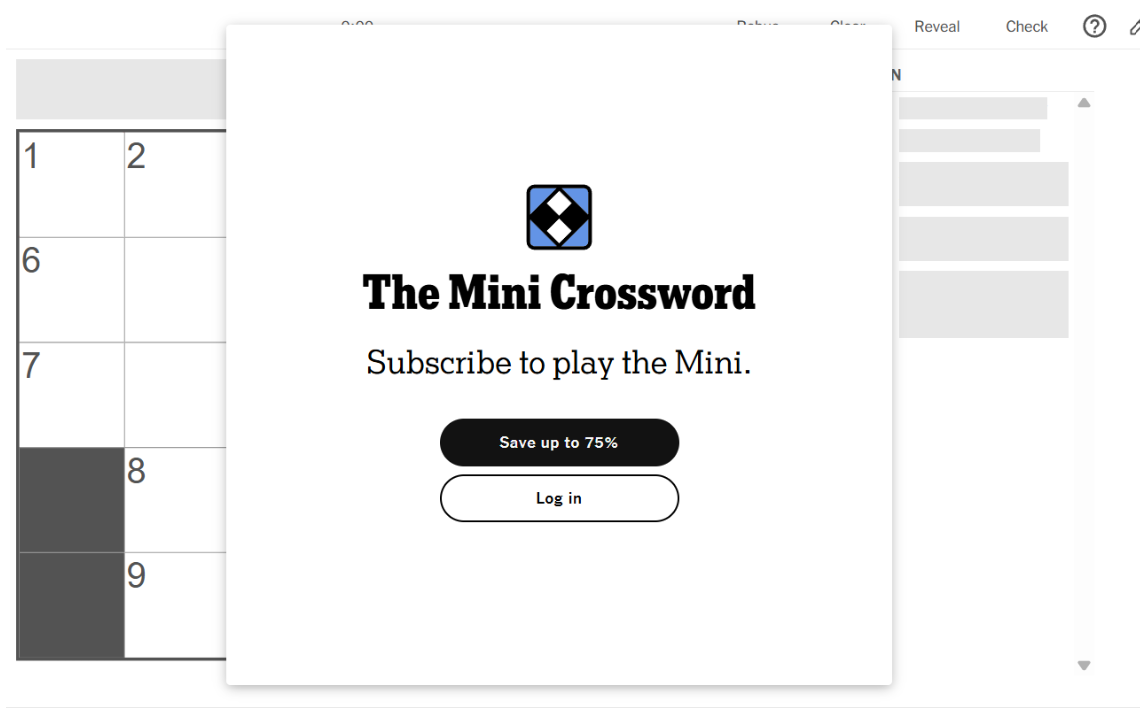







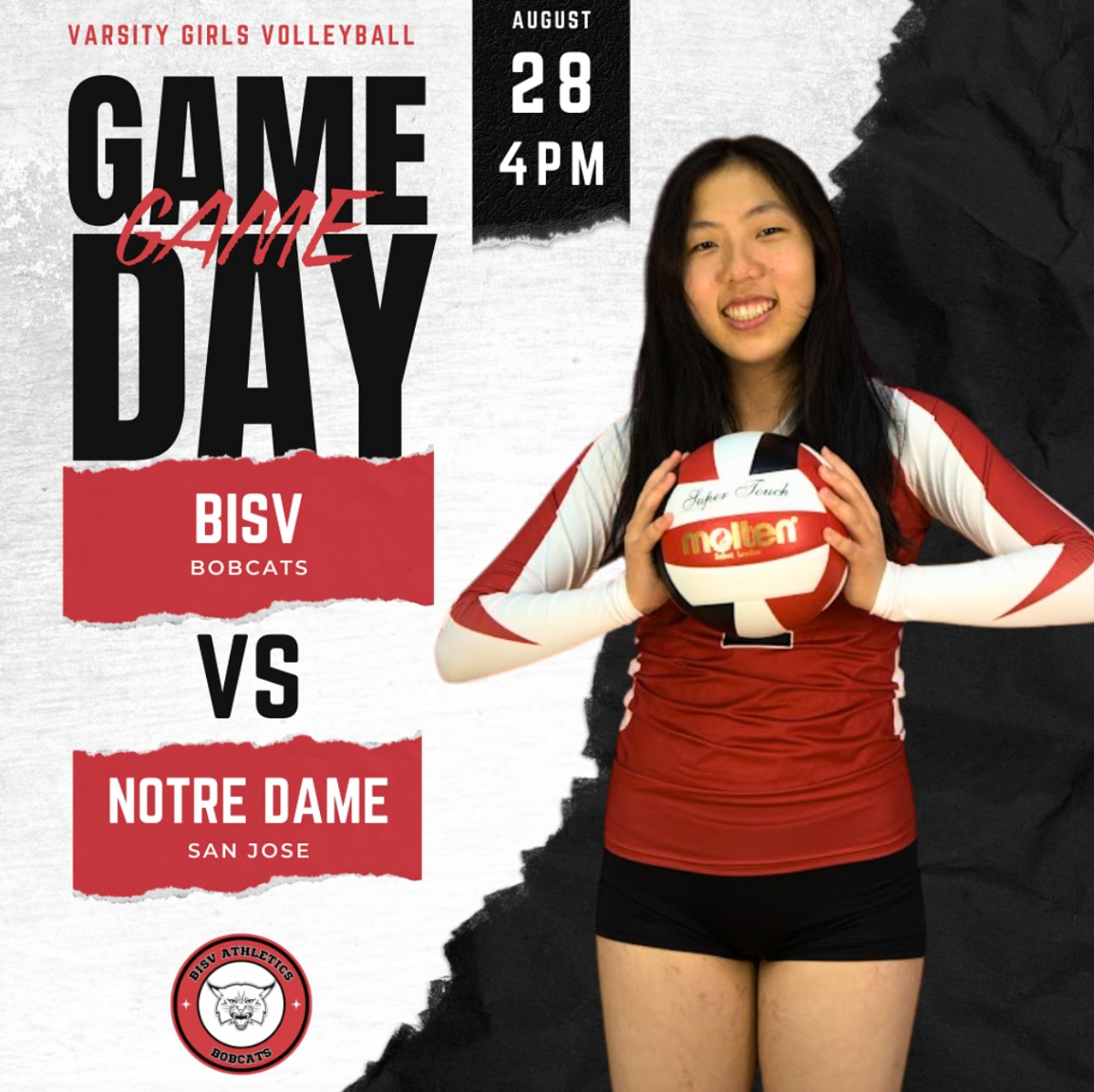
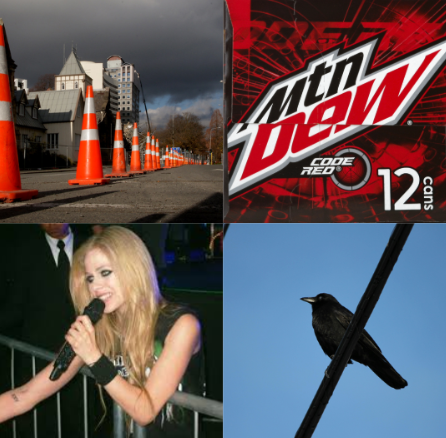
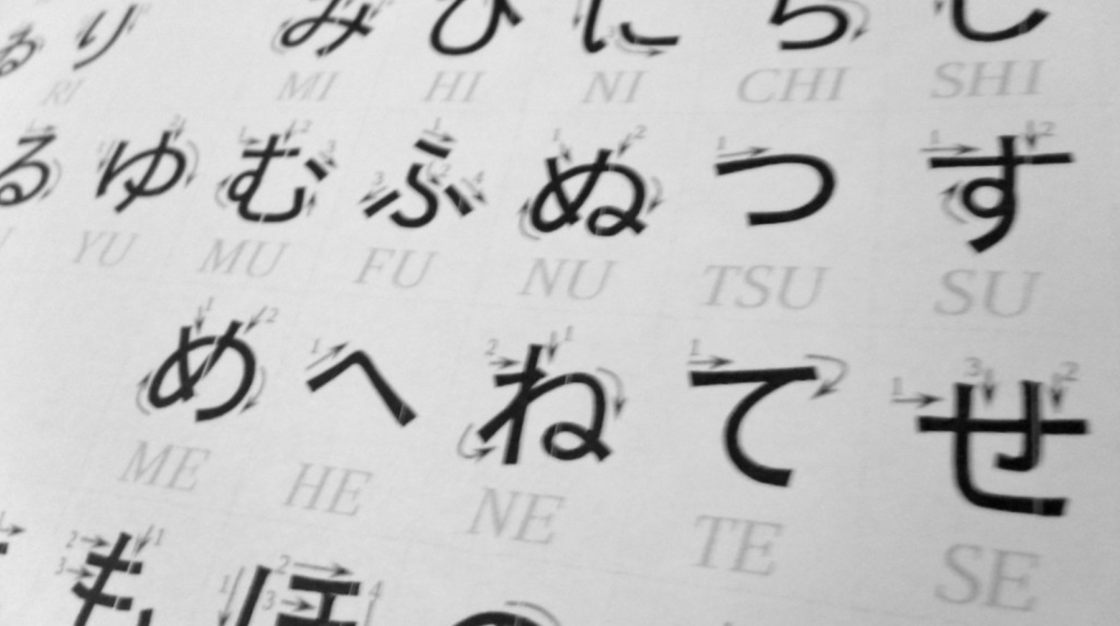
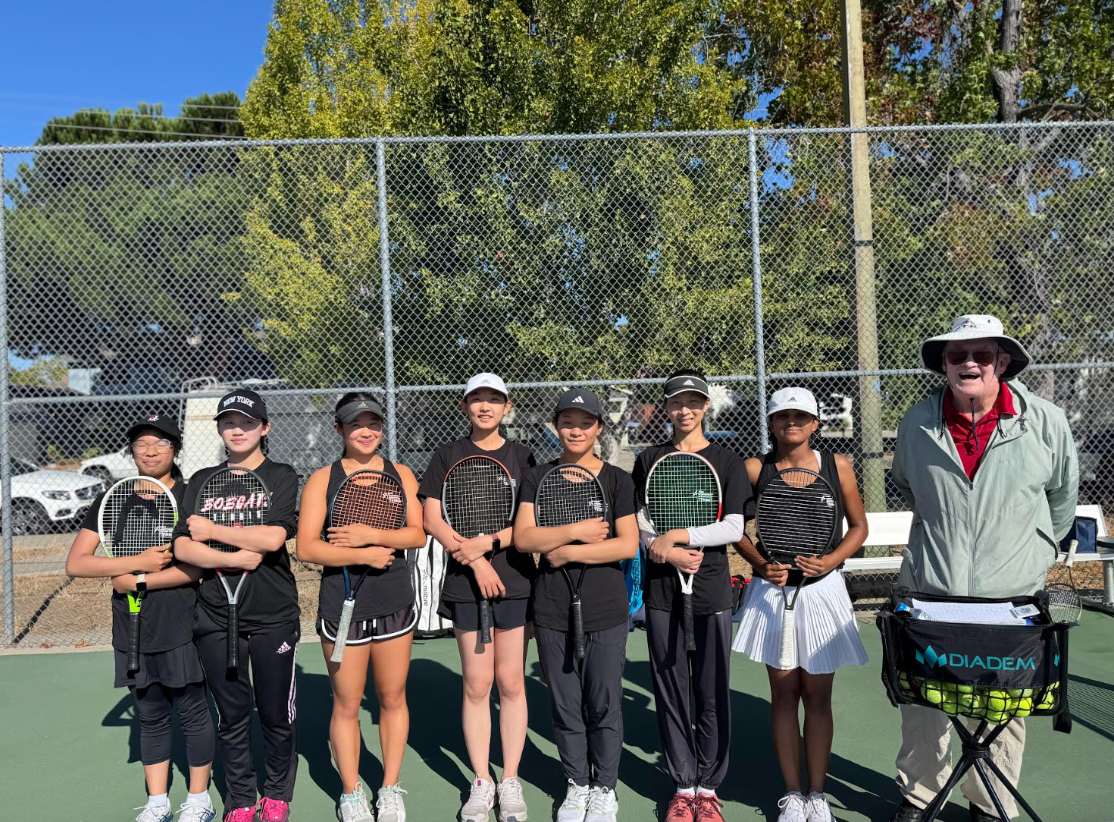





![Teacher [Milk] Tea: Part 2](https://bisvquill.com/wp-content/uploads/2024/03/Screen-Shot-2024-03-19-at-9.28.48-PM.png)











